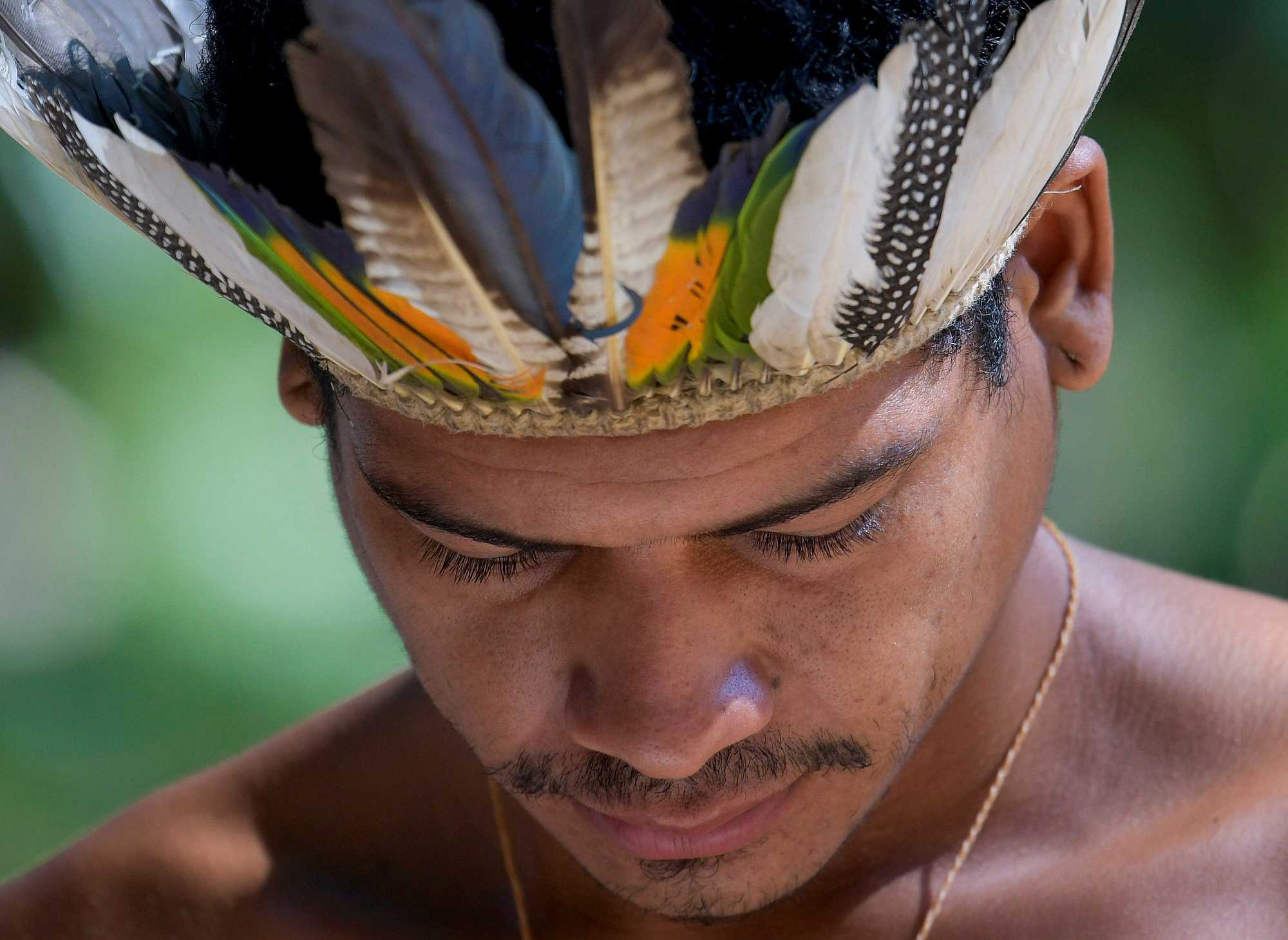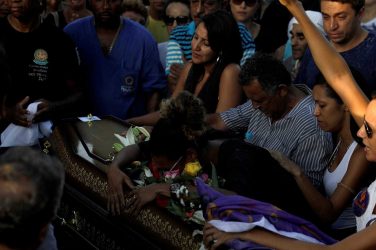A doctor working with the largest tribe in the Amazon has tested positive for the coronavirus, Brazil’s Health Ministry said on Friday, ringing alarm bells that the epidemic could spread to vulnerable and remote indigenous communities with devastating effect.
The doctor, who has not been named, had returned from vacation on March 18 to work with the Tikunas, a tribe of more than 30,000 people who live in the upper Amazon near the borders with Colombia and Peru.
He developed a fever later that day and went into isolation, testing positive for the respiratory disease COVID-19 a week later, the ministry said.
Eight tribe members he treated on his first day back working for the indigenous health service Sesai have also been isolated in their homes and are being monitored, the ministry said.
The doctor’s infection is the first confirmed case of the virus directly present in an indigenous village. It raises fears of an outbreak that could be lethal for Brazil’s 850,000 indigenous people that have a history of decimation by diseases brought by Europeans, from smallpox and malaria to the flu.
Health experts say their way of life in communal hamlets under large thatched structures increases the risk of contagion if any single member contracts the new coronavirus. Social isolation is hard for tribes to practice.
The ministry said the doctor had no symptoms when he returned to work using a protective mask and gloves, but quarantined himself as soon as he developed a fever.
News website G1’s columnist Matheus Leitão reported that the doctor is Brazilian and may have caught the virus while vacationing in southern Brazil or on the boat ride up the Amazon to his work place at Santo Antônio do Içá.
So far, Sesai has reported four suspected cases of the coronavirus in indigenous communities, with only one in the Amazon.
But doctors fear the virus could spread fast among tribes whose immune systems often are already weakened by malnutrition, hepatitis B, tuberculosis and diabetes.
About a third of indigenous deaths in Brazil are caused by existing respiratory diseases.
The H1N1 epidemic in 2016 killed hundreds of indigenous people, mainly of the Guaraní tribe in the colder south of Brazil, where about half of them caught the bug.
This article was produced by the Thomson Reuters Foundation. Visit them at http://www.thisisplace.org













